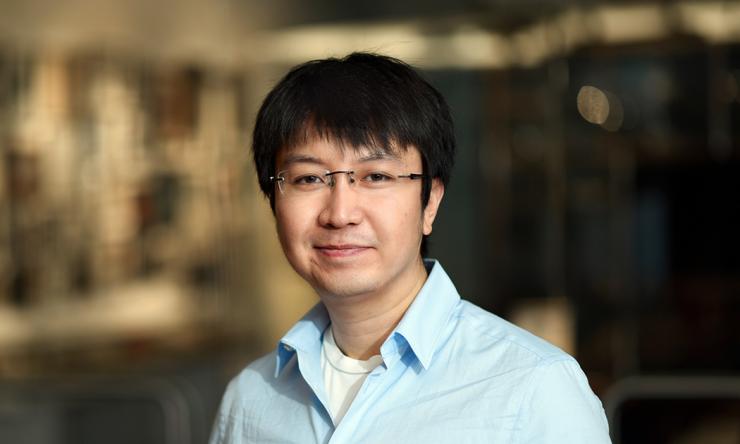Baylor neuroscientist awarded McKnight Endowment Fund
Dr. Nuo Li, assistant professor of neuroscience at Baylor College of Medicine, has been awarded the 2020 McKnight Scholar Award from the McKnight Endowment Fund for Neuroscience. This highly competitive award recognizes young scientists who are in the early stages of their research careers and who are working on research that has immediate and significant impact on clinically relevant issues.
Li, who also is a McNair Scholar, is one of six scientists who were honored this year. His work, titled “Cerebellar Computations during Motor Planning,” was recognized by the awards committee and will receive three years of funding, at $75,000 per year.
“It is really an honor to receive the McKnight Scholar Award,” Li said. “The generous support will enable new experiments aimed at revealing how the cerebellum uses its machineries that normally control our bodies to also mediate internal brain activity during planning.”
Li’s lab has revealed through studies in mouse models that the cerebellum, an ancient part of the brain known to control the muscles, is locked in a loop with the frontal cortex while the mouse is planning an action. Still unknown is exactly what information is being passed back and forth, but it is distinct from the signal that actually drives the muscles. If the connection is disrupted even for an instant during planning, the movement will be made incorrectly.
His work will uncover the role of the cerebellum in motor planning and define the anatomical structures that link it and the ALM. He will map the cerebellar cortex and find out which populations of a special type of cell used in cerebellar computation, called Purkinje cells, are activated by the ALM in motor planning, and what signals they send back and forth while planning. A second aim will explore what kind of computation the cerebellum is engaged in.
Since being introduced in 1977, this prestigious early-career award has funded more than 240 innovative investigators and spurred hundreds of breakthrough discoveries.
- Read more about Li’s research in From the Labs.
- Read more about Li’s past honors.










